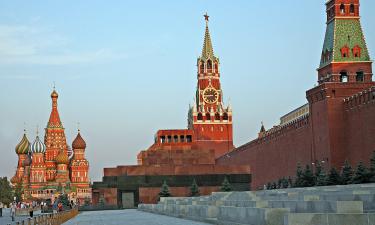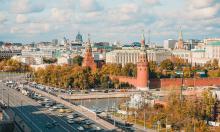Brazilian police arrest 35 people in raid on human trafficking ring
Brazilian authorities on Tuesday arrested 35 people accused of sneaking illegal migrants into the United States through Mexico. It was part of a continuing push to crack down on human smuggling rings, authorities said.
The raid by Brazilian police followed a September case in which 43 Brazilians were taken into custody, accused of smuggling Brazilians into the United States, Europe and Mexico.
Those arrested Tuesday set up fake travel agencies in at least four southeastern Brazilian states and charged would-be emigrants US$10,000 (Ђ8,500) each for passage to Mexico and help crossing the U.S. border on foot, said federal highway police spokesman Alexandre Castilho. Highway police began the investigation leading to the arrests more than a year ago after numerous bus passengers heading to Sao Paulo, the main departure point in Brazil for Mexico City, gave evasive answers about why they were traveling, Castilho said.
The prospective emigrants came to Sao Paulo where the smugglers, known as "coyotes," supplied them with forged passports and plane tickets purchased with cloned credit cards, Castilho said.
Tuesday's arrests came a day after U.S. President George W. Bush said U.S. border officials are making a push to stem illegal Brazilian immigration along the southern border of the United States.
Bush said a recent effort called "Operation Texas Hold 'Em" reduced illegal border crossings by Brazilians 90 percent in the Rio Grande Valley and 50 percent overall.
Mexico last month reinstated a visa requirement for Brazilian tourists in a bid to stem illegal passage to the United States. But Castilho said it is still too early to say whether the new rules will curb the number of Brazilians using Mexico as a gateway into the United States.
Twenty-three of those arrested Tuesday came from the state of Sao Paulo, Brazil's most populous. The rest were taken into custody in the states of Minas Gerais, Rio de Janeiro and Parana.
Police are recommending that they be charged with larceny, forgery and conspiracy. Prosecutors will now review the case, and judges will decide whether to charge those arrested. If convicted, they could face up to 20 years in prison, Castilho said, AP reports.
A. A.
Subscribe to Pravda.Ru Telegram channel, Facebook, RSS!




